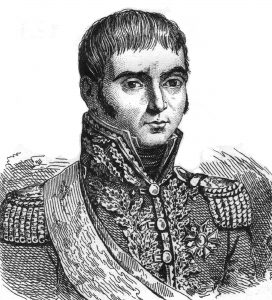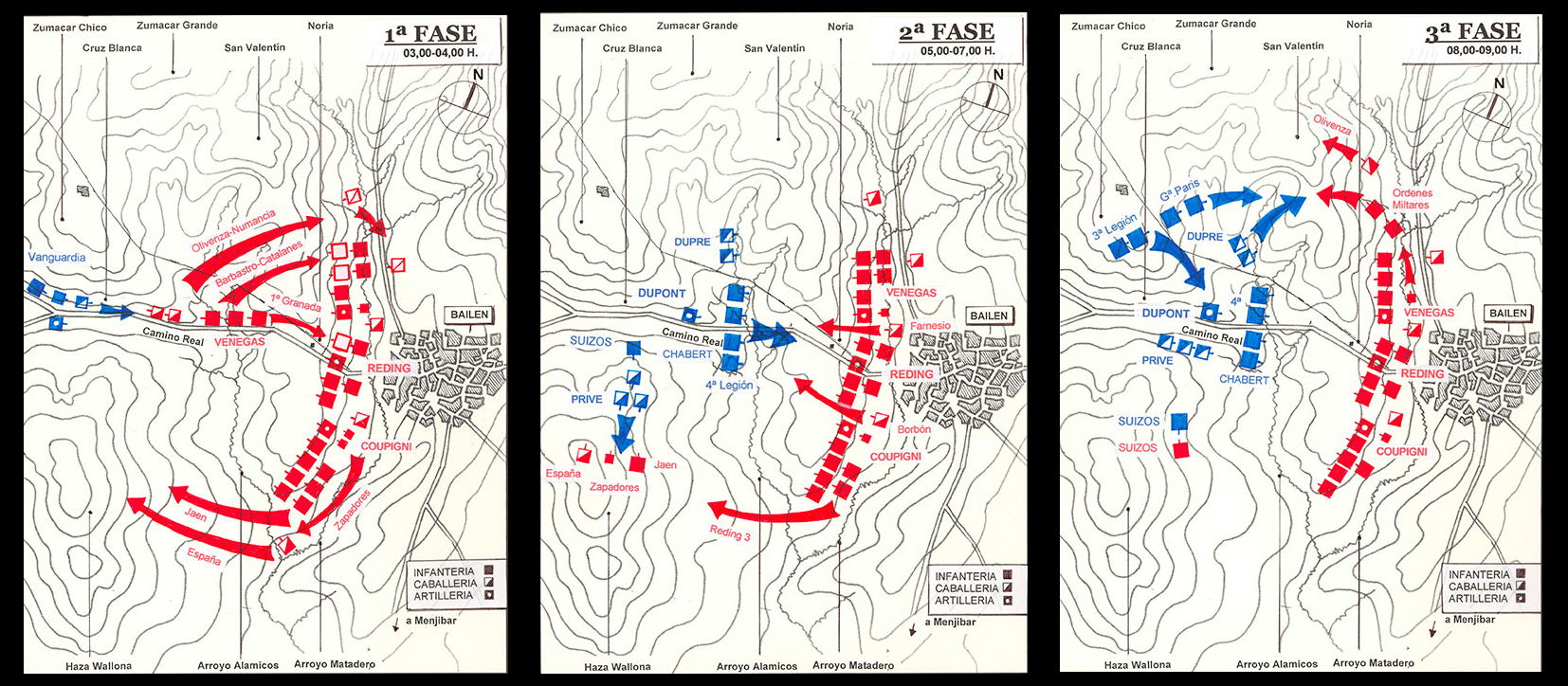One of the main elements that had an influence in the victory of the Spanish troops over the french army, was the incredible support they received from Bailen’s people. María Bellido would become the local legendary hero, who symbolized the people providing water to the Spanish troops on a day when the heat was particularly intense.









